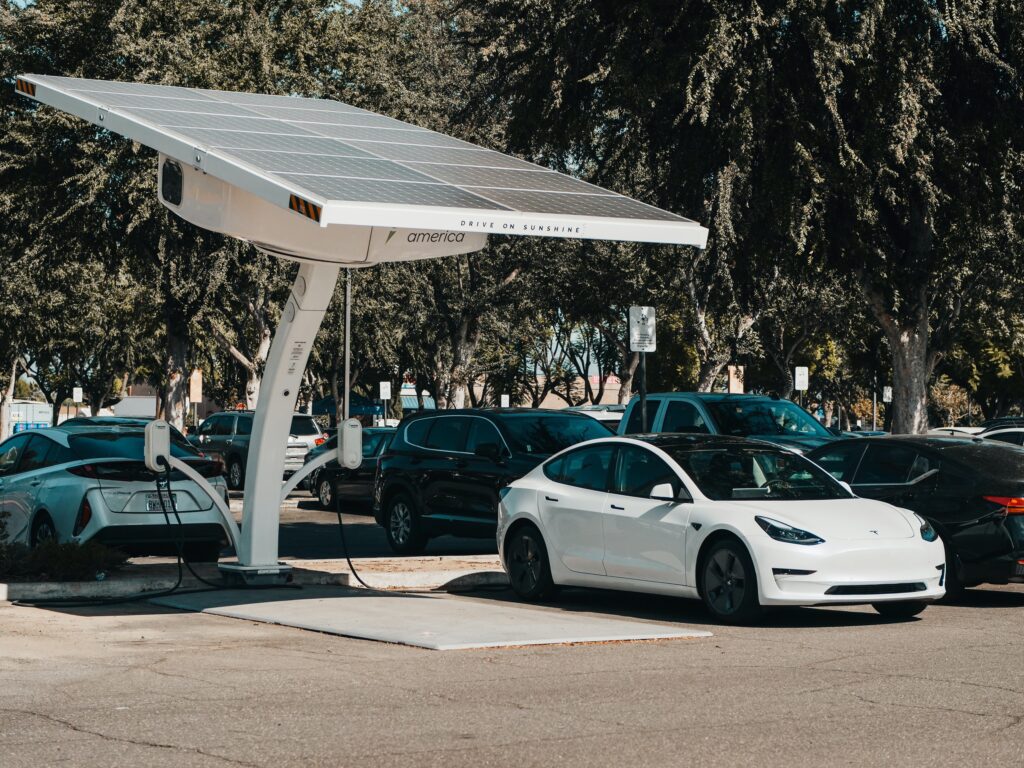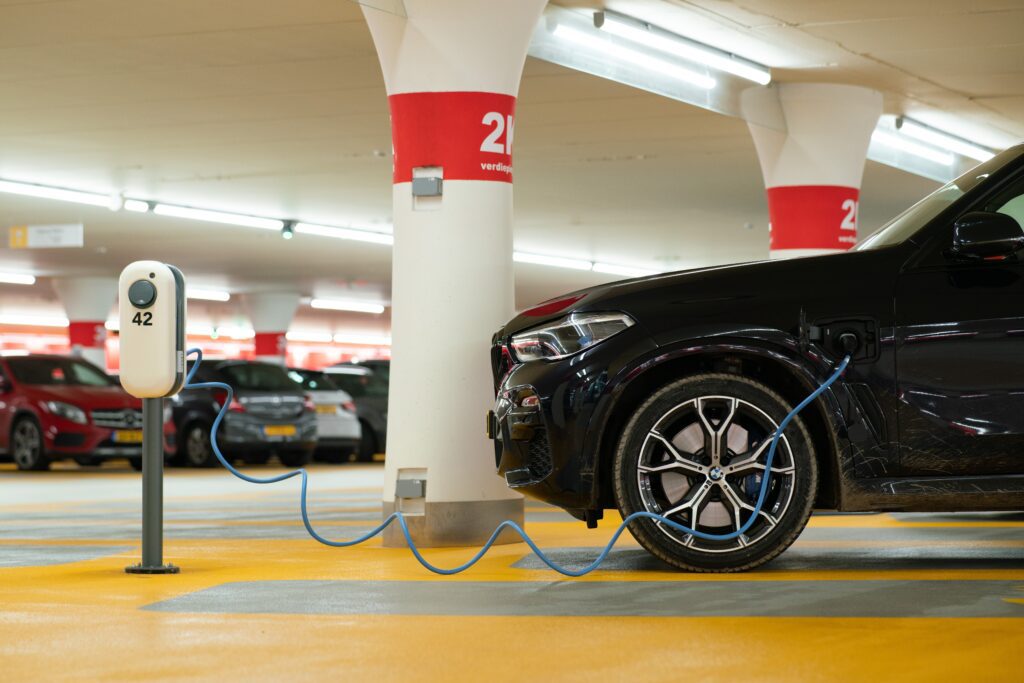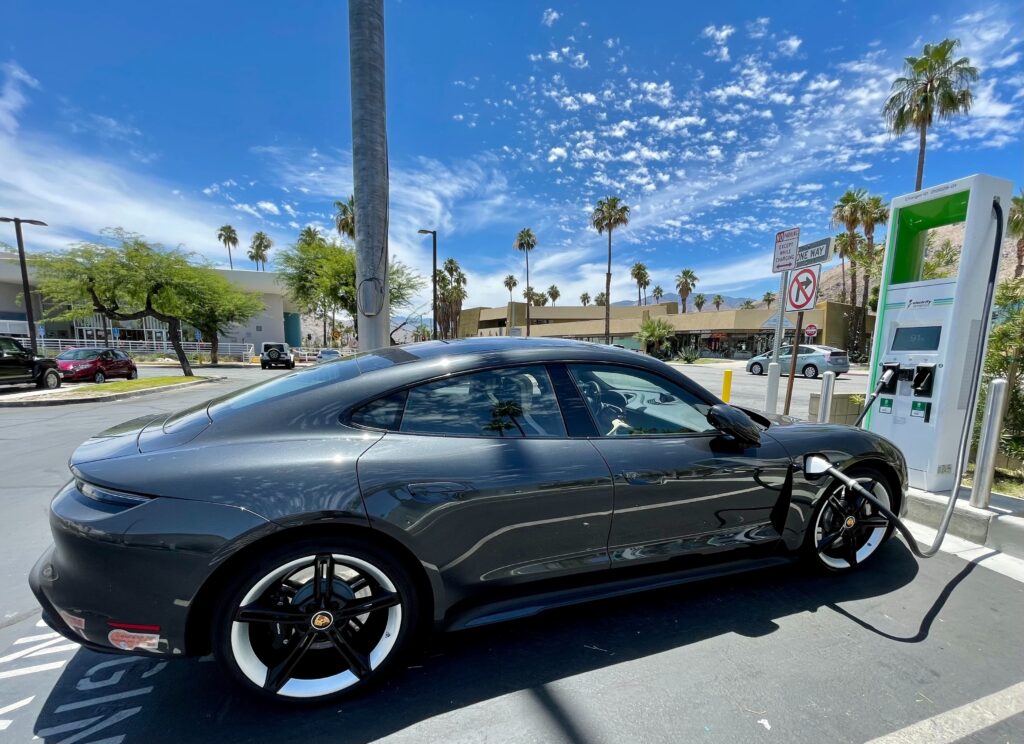Beyond The Buzz: Examining The Downside Of Electric Car Batteries
Electric car batteries have emerged as a promising solution to combat the environmental impact of fossil fuel-powered vehicles. While they offer several advantages, it is essential to recognize that electric car batteries present challenges and drawbacks in more ways than one.

The environmental ramifications of battery production and disposal are a significant cause for concern. The extraction and processing of raw materials required for battery manufacturing, including lithium, cobalt, and nickel, can result in significant ecological ramifications.
The extraction activities tied to these minerals have been linked to detrimental consequences, including the loss of forests, destruction of habitats, and pollution. Furthermore, the disposal and recycling of batteries pose a significant challenge. Proper recycling infrastructure and practices are still developing, and improper disposal can result in hazardous waste and pollution.
Another issue is the limited lifespan of electric car batteries. Over time, battery performance degrades, resulting in reduced driving range and the need for costly replacements. The high cost of battery replacement remains a barrier for many potential electric vehicle owners.

Charging infrastructure is also a concern. While the electric vehicle charging network is expanding, it is not as extensive as conventional fueling stations. This can lead to range anxiety for electric vehicle owners, as they need to plan their trips and ensure access to charging points, particularly on long journeys.
Additionally, the energy-intensive nature of battery manufacturing and charging processes raises questions about the overall carbon footprint of electric vehicles. While they produce zero tailpipe emissions during operation, the emissions generated during battery production and electricity generation for charging must be considered to assess the true environmental impact.
In response to these challenges, continuous research and development endeavors are dedicated to enhancing battery technologies, optimizing production processes, and advancing the capabilities of battery recycling. Investments in charging infrastructure expansion are also being made to alleviate range anxiety.

While electric car batteries present challenges, it is important to note that they are an evolving technology. As advancements are made, these challenges can be mitigated or overcome.
Continued innovation and sustainable practices in battery production, recycling, and charging infrastructure are essential to maximize the environmental benefits of electric vehicles and minimize their drawbacks.
